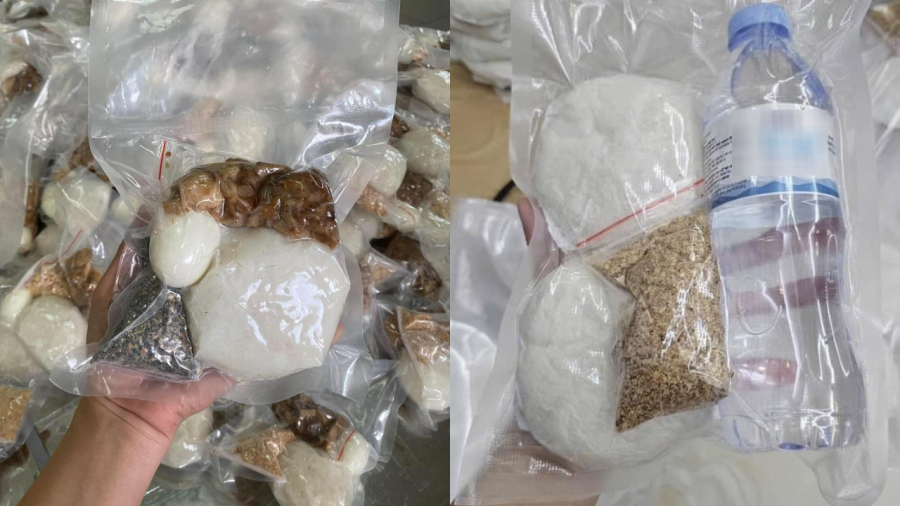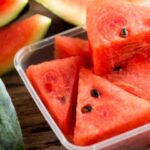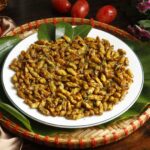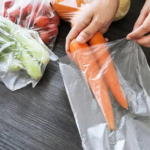Vacuum sealing is a popular method for food preservation. By removing air and creating a sealed environment, vacuum sealing isolates food from external contaminants and minimizes cross-contamination between different food items. Many believe that vacuum sealing ensures cleanliness, safety, and extended shelf life for various products.
However, it is important to note that vacuum-sealed food is still susceptible to bacterial contamination. According to Dr. Vu Thi Tan, a lecturer at Hanoi University of Science and Technology, as quoted in VnExpress, even when vacuum sealing is done correctly, the absence of adequate sterilization can lead to the growth of dangerous anaerobic bacteria, which can be harmful to health and, in severe cases of poisoning, even life-threatening.

Vacuum-sealed food still carries the risk of bacterial contamination and food poisoning.
One particular type of anaerobic bacteria that can thrive in vacuum-sealed food under inadequate sterilization conditions is Clostridium botulinum, which produces the potent botulinum toxin. Vacuum-sealed vegetables, fruits, and seafood that have not undergone proper food safety procedures are at high risk of contamination by this bacterium.
Vacuum sealing food that has not been properly cleaned or is already spoiled increases the likelihood of food poisoning. Michigan State University specifically warns against leaving vacuum-sealed fish in the package during thawing, as the botulinum bacteria and its toxins can survive and grow at non-refrigerated temperatures. Once the fish is exposed to air, the toxin’s production is halted.
Botulinum poisoning is a severe form of food poisoning with a high mortality rate. Even with successful treatment, it can leave long-lasting health consequences. Symptoms of botulinum poisoning include nausea, vomiting, abdominal distension, abdominal pain, paralysis starting from the head and neck region and progressing to the arms and legs, respiratory paralysis, respiratory failure, and eventually death.
The treatment for botulinum poisoning involves the use of an antitoxin, which must be administered within 72 hours of infection. However, this antitoxin may not always be readily available, and the cost of the medication is typically very high.
6 Vegetables That Are “Deadlier Than Poison”
“Vegetables are undoubtedly a cornerstone of a healthy diet, but it’s important to remember that improper storage and handling can turn some veggies into toxic time bombs. Yes, you heard that right! Some vegetables, when not stored or prepared correctly, can become a breeding ground for harmful toxins. It’s crucial to be aware of these potential dangers to ensure your meals are truly nourishing and not inadvertently harmful.”





































